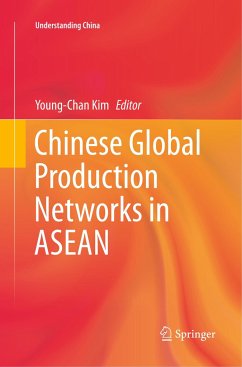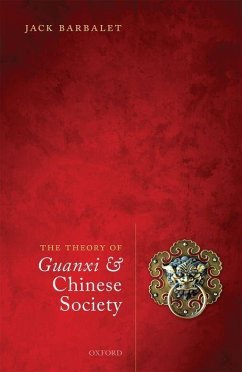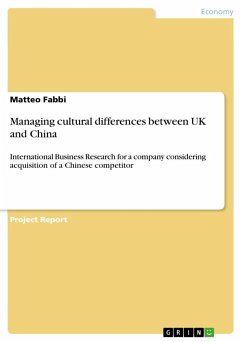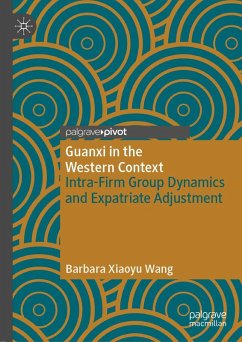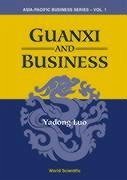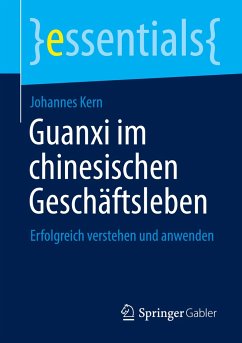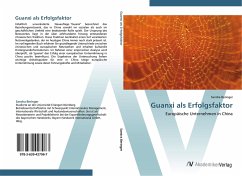
Anglo-American Networking and Chinese Guanxi
Emic Differences and a Culture General Process Model
Versandkostenfrei!
Versandfertig in 6-10 Tagen
32,99 €
inkl. MwSt.

PAYBACK Punkte
16 °P sammeln!
Creating relationships for more successful businessis an etic (universal) practice. However, the natureof relationships may differ cross-culturally becauseof emic (culture-specific) dimensions that createdifferences in conception and expectations. I usethe process of creating relationships to distinguishemic constructs in relationship building. From thiscomparison emerges a process that characterizes thegeneral pattern of relationship building. Differences include tendencies towards achieved vs.ascribed relations, directness vs. indirectness,differences in business etiquette, and differences i...
Creating relationships for more successful business
is an etic (universal) practice. However, the nature
of relationships may differ cross-culturally because
of emic (culture-specific) dimensions that create
differences in conception and expectations. I use
the process of creating relationships to distinguish
emic constructs in relationship building. From this
comparison emerges a process that characterizes the
general pattern of relationship building.
Differences include tendencies towards achieved vs.
ascribed relations, directness vs. indirectness,
differences in business etiquette, and differences in
time orientations. Chinese preferred ascribed
relations when seeking jobs. Their business
etiquette included giving gifts, hosting banquets, ,
and visiting people at their homes. In contrast,
Americans were more direct when looking for jobs and
working with the government. Their business
etiquette included handshakes as well as exchanging
phone calls, emails, and business cards.
This dissertation makes the contributions of the
first empirical work on networking vs. guanxi
behaviors, the process model of relationship
development, and the 58 item questionnaire.
is an etic (universal) practice. However, the nature
of relationships may differ cross-culturally because
of emic (culture-specific) dimensions that create
differences in conception and expectations. I use
the process of creating relationships to distinguish
emic constructs in relationship building. From this
comparison emerges a process that characterizes the
general pattern of relationship building.
Differences include tendencies towards achieved vs.
ascribed relations, directness vs. indirectness,
differences in business etiquette, and differences in
time orientations. Chinese preferred ascribed
relations when seeking jobs. Their business
etiquette included giving gifts, hosting banquets, ,
and visiting people at their homes. In contrast,
Americans were more direct when looking for jobs and
working with the government. Their business
etiquette included handshakes as well as exchanging
phone calls, emails, and business cards.
This dissertation makes the contributions of the
first empirical work on networking vs. guanxi
behaviors, the process model of relationship
development, and the 58 item questionnaire.




